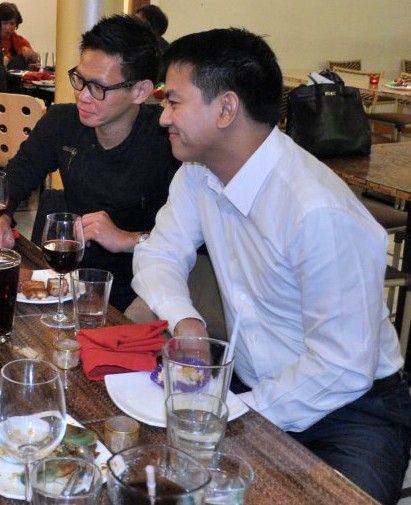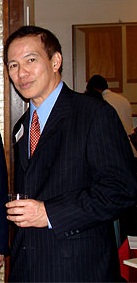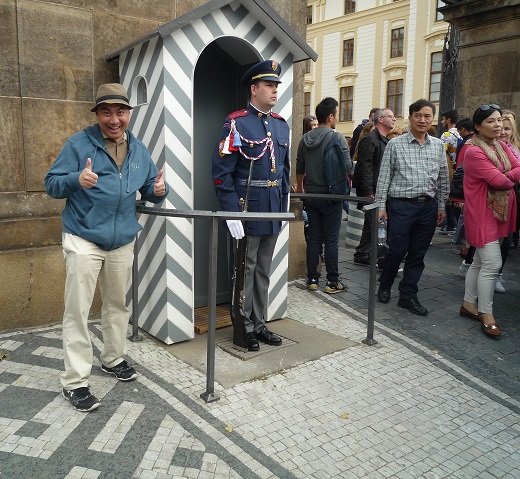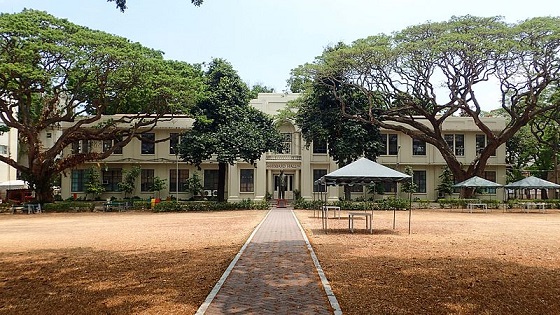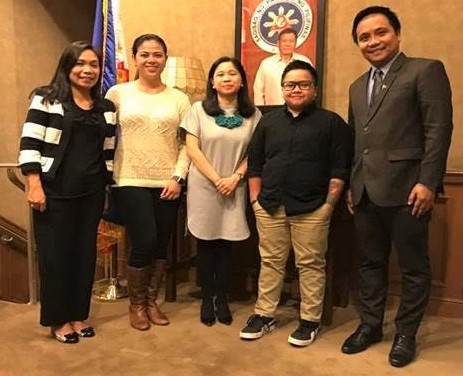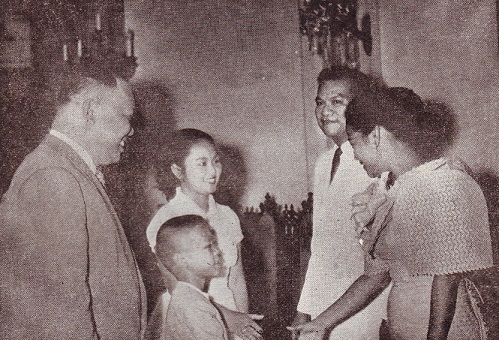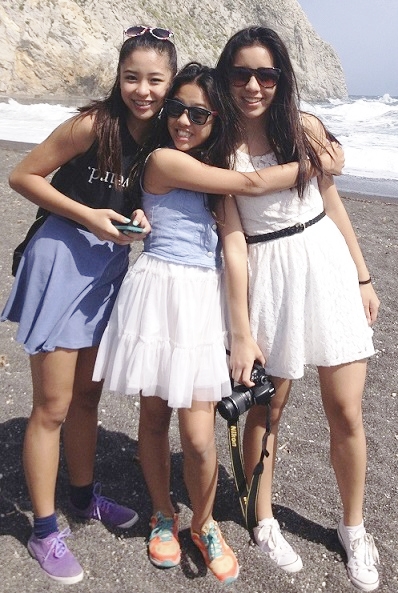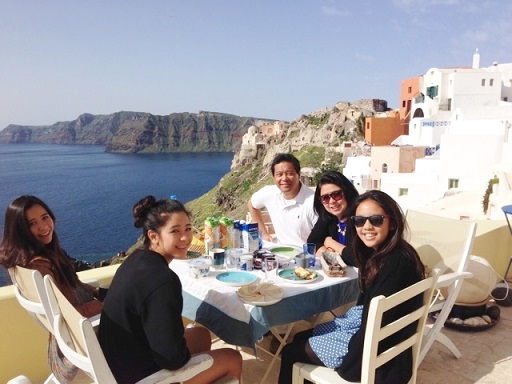A family’s heart beats in two worlds
By Ludy Astraquillo Ongkeko, Ph.D.
“I moved away when my family was relocated due to my husband’s job in 2006. It was not easy at the beginning, but soon we realized that ‘home is where the family’s heart is,’ and that could be anywhere in the world,” so declared Aura Antonio, a health care professional whose family is now living in Singapore.
Aura, a practicing psychiatrist in Manila, admitted how she met the biggest challenges upon arrival in the Lion City.
“The adjustment seemed to be harder for me. Joey, my husband, had his job, his focus. Our children had school, loving their new environment. It was a huge change for me, having to leave my flourishing career behind, moving out of my spacious dream house in the Philippines.
“Unfortunately, I am not licensed as a doctor in Singapore. My Philippine medical school is not recognized by the Singapore Medical Council. I do psychotherapy and part-time counseling,” said Aura explaining how she is able to practice her profession albeit on a part-time arrangement.
The three Manila-born Antonio daughters are flourishing in the Singapore American School, loving its global perspective and recognizing they now live in a diverse community.
Eldest child Bianca, 18, a high school senior, is Rhode Island-bound in the fall where she will attend Brown University, her dream school. She will be studying Visual Arts. Energized by Gawad Kalinga (GK), a “nation-building movement” that has grown worldwide, she organizes annual service trips to the Philippines with some of her schoolmates.
Second daughter Margi, 14, is into performing arts. She had a brief speaking part in the Netflix TV series “Marco Polo.” She is also quite the athlete, being active in track and field and touch rugby.
The youngest, Nina, 12, likewise, has shown similar interests as Margi, as she excels in track.
Interestingly, the Antonio teenagers’ common denominator is Gawad Kalinga.
“All my daughters are young active advocates of GK,” said Aura. “They say it is their way of connecting and giving back to their home country.”
GK is nonprofit organization that builds houses for impoverished Filipinos with help from donations and other forms of support. It is their belief that home ownership brings a sense of community and responsibility to a neighborhood, making the families conscious about establishing a quality of life free from drugs and other social ills.
Aura said she is pleased that her daughters are conscious about remaining connected to the Philippines.
At the same time, she felt it was also her responsibility to get her whole family “adjusted in our host country.”
“It helped me to plunge into driving around and getting to know the island: fixing the house to feel like the home we left behind; meeting families away from their original homes like ourselves; organizing play dates and get-togethers.
“Parish volunteer work in teaching catechism for international school children, joining prayer groups, ‘becoming active’ in the Filipino community in my children’s school, kept myself busy and productive first for my family, then my community,” she said.
Describing Singapore, Aura said: “It has three main cultures with corresponding religions (Chinese, Malay and Indian) that live together harmoniously in one small city. I recommend this peaceful, progressive, diverse island city for friends who might wish to move. The environment is clean and green. Infrastructure is progressive.
“It is one of the few places where children can take public transport unaccompanied safely. There are many parks and spaces where one can enjoy nature in the middle of a bustling metro.
“Celebration of holidays is important to the different cultures here, such as Deepavali, Hari Raya, the Mid-autumn Festival.
“Although my children love living here, grateful for this environment, they have not forgotten their Filipino heritage. I teach them the good in our culture; things we are proud of: to pass on to future generations, i.e. love of God and family; caring for the poor; respect for life and people from all backgrounds. I show them the beauty of our
home country during frequent visits. They are all proud to be Filipino.
“I believe this pride has helped them adjust to their host country, knowing that they have an anchor where they can always come home to, where family and friends love them, will always welcome them home, wherever they may settle in the world.”

